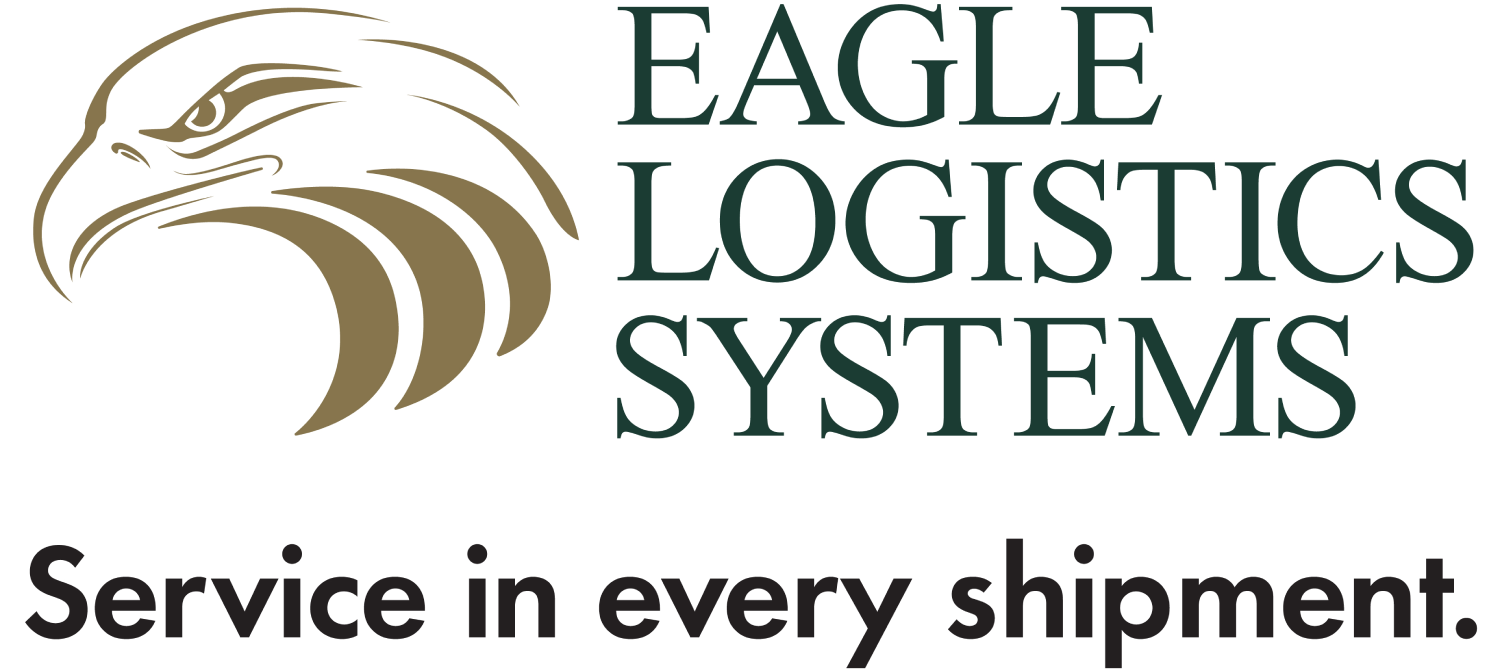Navigating Cold Chain Logistics: Best Practices for Maintaining Product Integrity from Start to Finish
Maintaining the integrity of perishable goods from start to finish demands meticulous cold chain management.
As businesses across sectors like pharmaceuticals, food and beverages, and more rely increasingly on precise temperature controls, understanding the essentials of cold chain logistics becomes crucial. Here, we delve into how Eagle Logistics ensures the safe transit of temperature-sensitive products, providing insights into best practices from packaging to transportation.
Understanding Cold Chain Logistics
Cold chain logistics encompasses all the processes involved in keeping temperature-sensitive products within a specified temperature range from manufacture to final consumption. This includes proper packaging, storage, and refrigerated cargo transportation.
The efficacy of pharmaceuticals, the freshness of food products, and even the viability of floral goods heavily depend on optimal cold chain solutions. These industries require robust systems to prevent product spoilage and ensure consumer safety.
Best Practices in Cold Chain Packaging
Choosing the Right Packaging Materials
Selecting the appropriate packaging is paramount. Insulated containers, dry ice, and gel packs are among the common solutions that help maintain temperature levels throughout the transportation process.
Innovations in Packaging
Recent advances have introduced biodegradable options and smart packaging that not only sustain required temperatures but also reduce environmental impact and monitor conditions in real-time.
Effective Cold Storage Solutions
Warehouse Management
Designing and operating a temperature-controlled warehouse involves strategic placement of goods, regular temperature checks, and systems that react quickly to temperature deviations.
Inventory Management in Cold Storage
Efficient inventory management ensures that goods spend minimal time in storage. Implementing a first-expiry-first-out (FEFO) system can significantly enhance product freshness.
Transportation Management
Choosing the Right Mode of Transport
The choice between air, ocean, and overland freight depends on the product requirements and destination. Ocean freight often serves well for non-urgent, large-volume shipments, especially for routes like shipping to Puerto Rico.
Managing Risks During Transit
Mitigating risks involves everything from choosing reliable logistics partners to using advanced sealing and locking mechanisms that prevent tampering and exposure.
Technology and Cold Chain Logistics
Role of IoT and Telematics
IoT devices and telematics play crucial roles in real-time monitoring and management of the transportation environment, ensuring conditions like temperature and humidity are consistently maintained.
Data-Driven Decision Making
The data collected via these technologies enable predictive analytics, which can forecast potential disruptions and automate adjustments to shipping routes or schedules.
Regulatory Compliance and Standards
Understanding Global and Local Regulations
Navigating the complex web of international and local regulations is critical. Compliance ensures not only product safety but also operational legality across borders.
Certifications and Audits
Regular audits and certifications, such as ISO for quality management and CTPAT for trade compliance, uphold standards and build trust with partners and consumers.
The complexity of cold chain logistics requires a detailed understanding and strategic implementation of best practices in packaging, handling, and transporting goods. Eagle Logistics is committed to leveraging industry-leading techniques and technologies to ensure that every shipment meets the highest standards of quality and safety.
Ensure your perishable goods are handled with the care and precision they require. Contact Eagle Logistics to learn how our tailored cold chain logistics solutions can help safeguard your products and enhance your operational efficiency.

